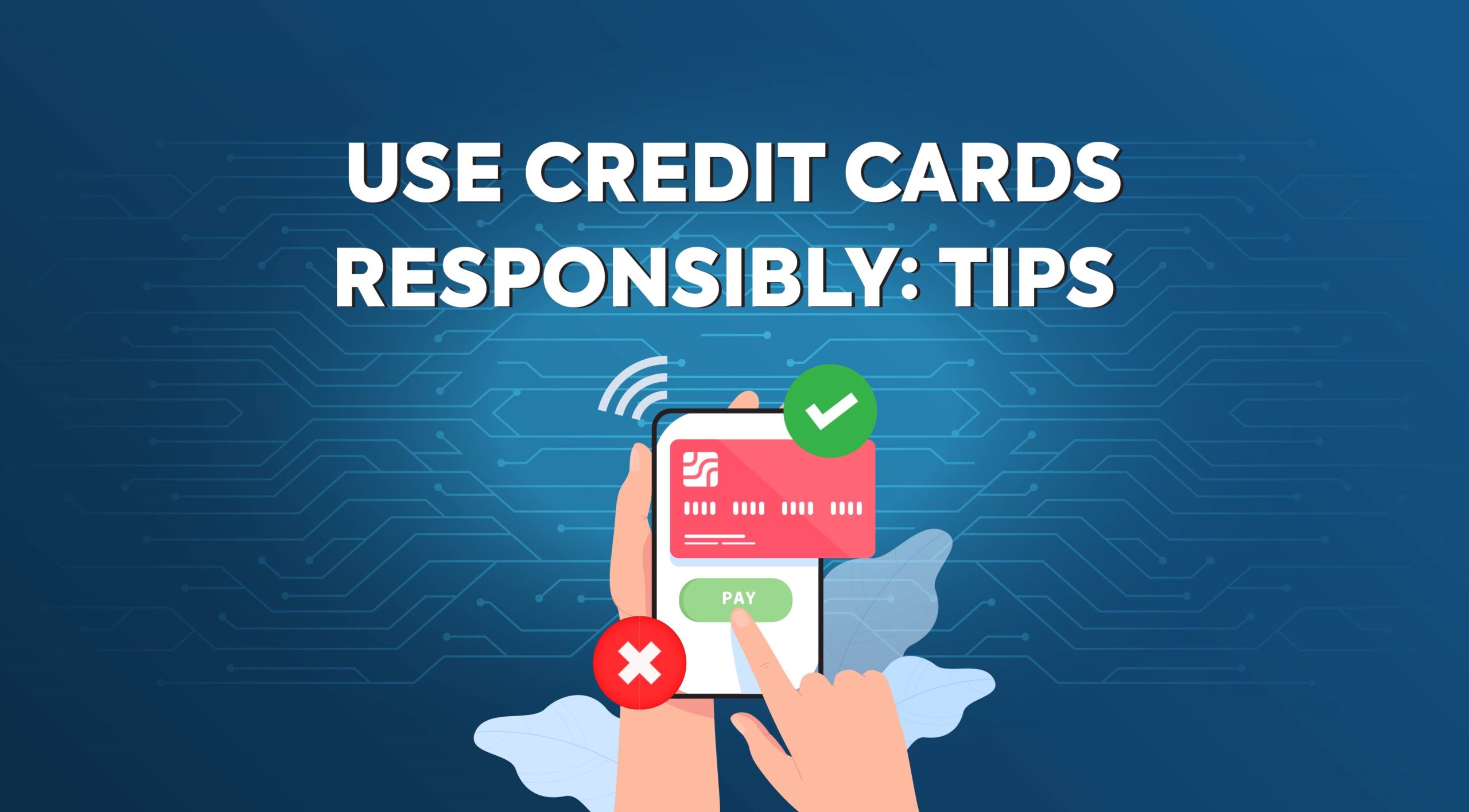
In today’s fast-paced world, credit cards have become an indispensable tool for managing finances. However, their convenience comes with a responsibility that many fail to recognize. The art of responsible credit card use is more than just swiping plastic; it’s a strategic and thoughtful approach to financial wellness. In this blog post, we’ll delve into the importance of responsible credit card use and provide practical tips to ensure you maximize the benefits while safeguarding your financial health.
Understanding the Basics: Before we dive into the art of responsible credit card use, let’s briefly understand the basics. A credit card is essentially a financial instrument that allows you to borrow money up to a predetermined limit. The borrowed amount must be repaid within a specified period, and if you fail to do so, interest is charged on the outstanding balance. Responsible credit card use involves leveraging these features to your advantage without falling into the pitfalls of excessive debt.
The Benefits of Responsible Credit Card Use:
- Building Credit History: Responsible credit card use is a powerful tool for building a positive credit history. Timely payments and maintaining a low credit utilization ratio contribute to a higher credit score, which is crucial for securing favorable interest rates on future loans, such as mortgages or car loans.
- Convenience and Security: Credit cards offer unmatched convenience and security. They eliminate the need to carry large amounts of cash and provide a layer of protection against unauthorized transactions. Many credit cards also offer perks such as purchase protection and extended warranties, adding an extra layer of security to your transactions.
- Rewards and Cash Back: Responsible credit card use can also be financially rewarding. Many credit cards offer rewards programs, cash back incentives, or travel perks. By strategically using your credit card for everyday expenses and paying off the balance in full each month, you can take advantage of these benefits without accruing interest.
Practical Tips for Responsible Credit Card Use:
- Create a Budget: The foundation of responsible credit card use is a well-planned budget. Understand your income, expenses, and set realistic spending limits for various categories. This will help you avoid overspending and ensure that you can pay off your credit card balance in full each month.
- Pay Your Balance in Full: One of the key principles of responsible credit card use is to pay your balance in full and on time each month. This not only helps you avoid accumulating interest but also positively impacts your credit score.
- Monitor Your Statements: Regularly review your credit card statements to track your spending and identify any unauthorized transactions. This proactive approach allows you to address any discrepancies promptly and maintain control over your finances.
- Avoid Cash Advances: Cash advances often come with high fees and interest rates. Whenever possible, refrain from using your credit card for cash withdrawals to prevent falling into a cycle of debt.
- Emergency Fund: Having an emergency fund in place can serve as a safety net, reducing the need to rely on credit cards for unexpected expenses. This financial buffer can prevent you from accumulating debt during challenging times.
Conclusion: The art of responsible credit card use is a blend of financial knowledge, discipline, and strategic planning. By understanding the benefits of credit cards and adopting proactive habits, you can leverage these financial tools to enhance your overall financial wellness. Remember, responsible credit card use isn’t about avoiding credit altogether; it’s about using credit wisely to build a secure financial future.
